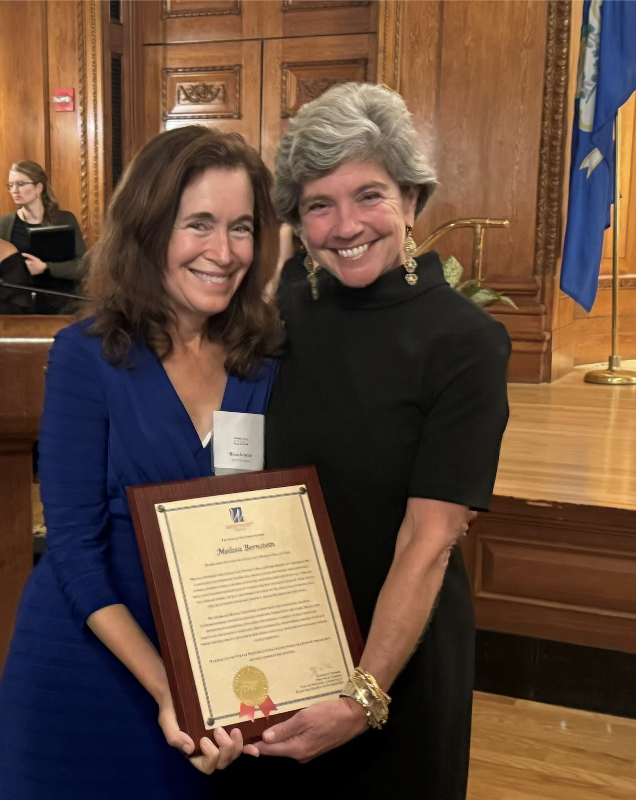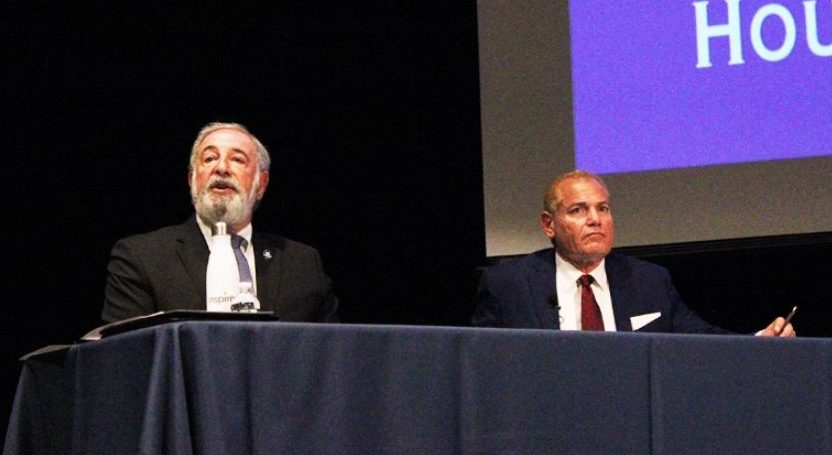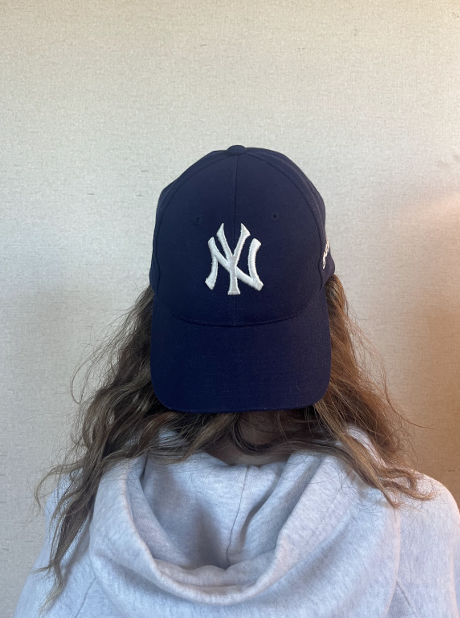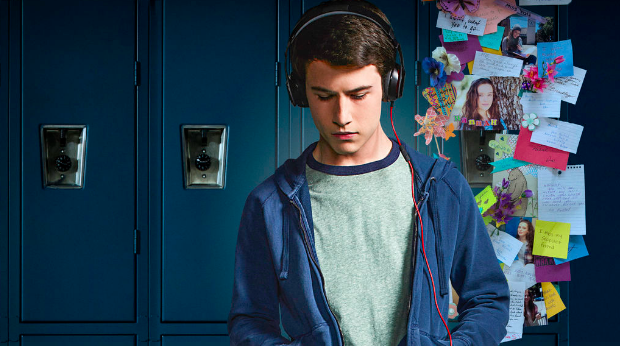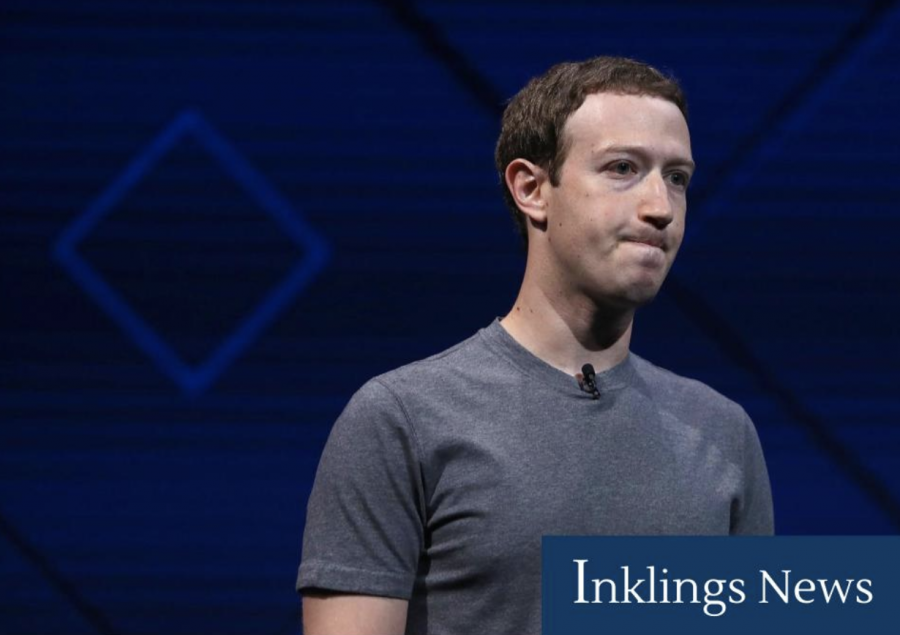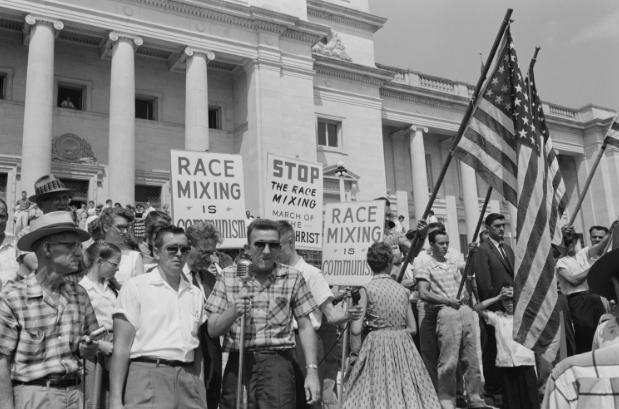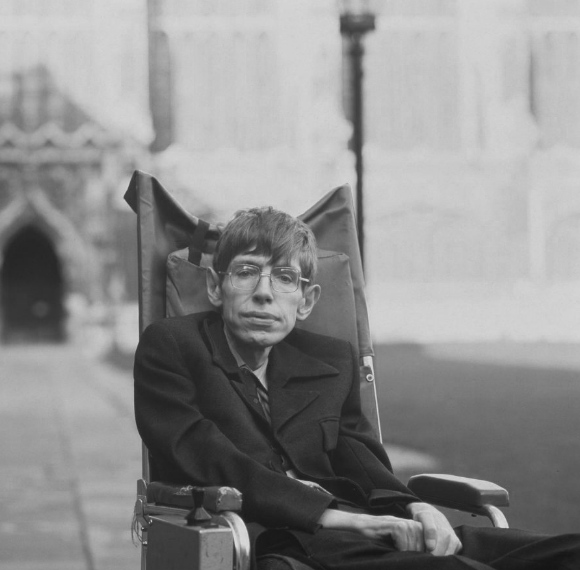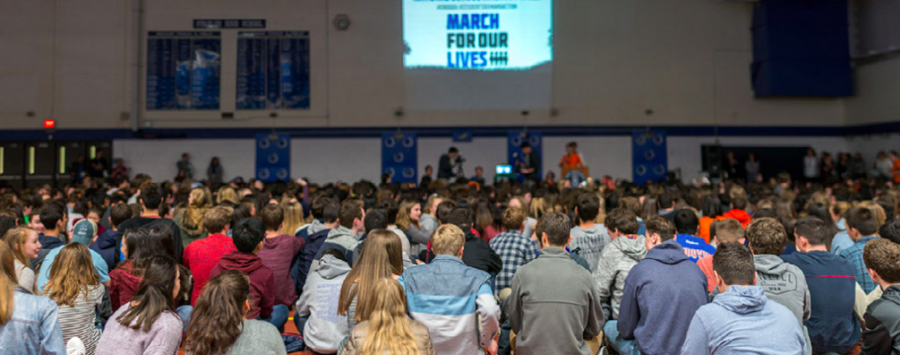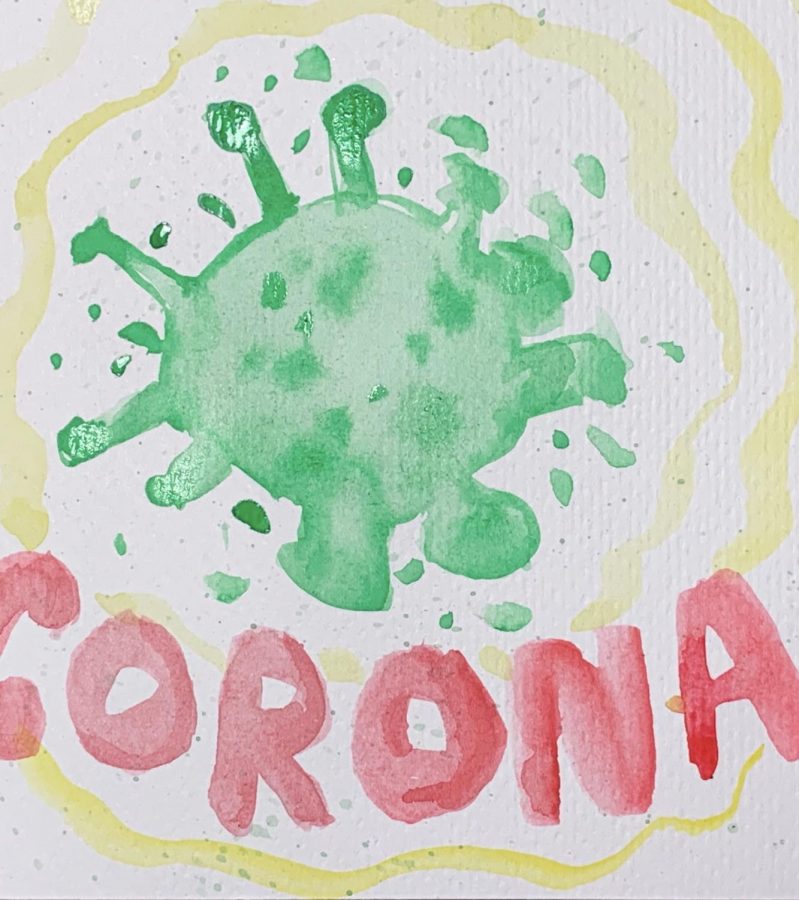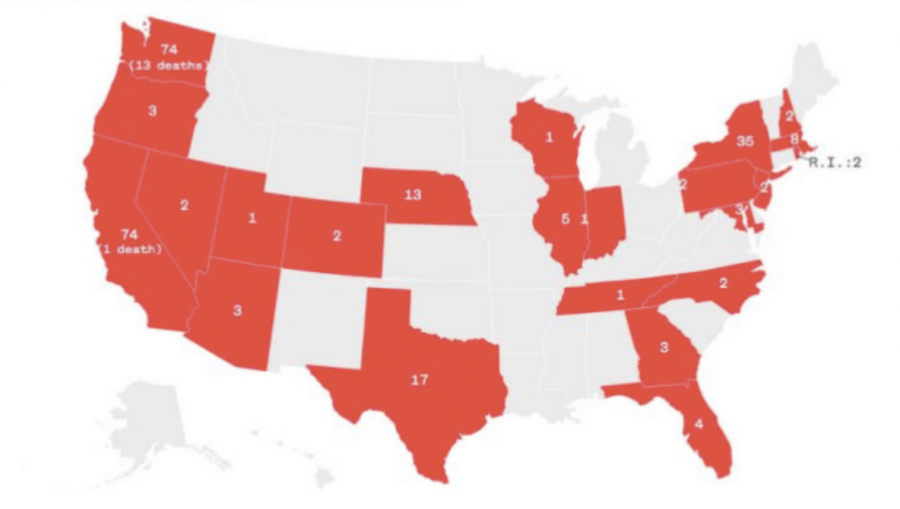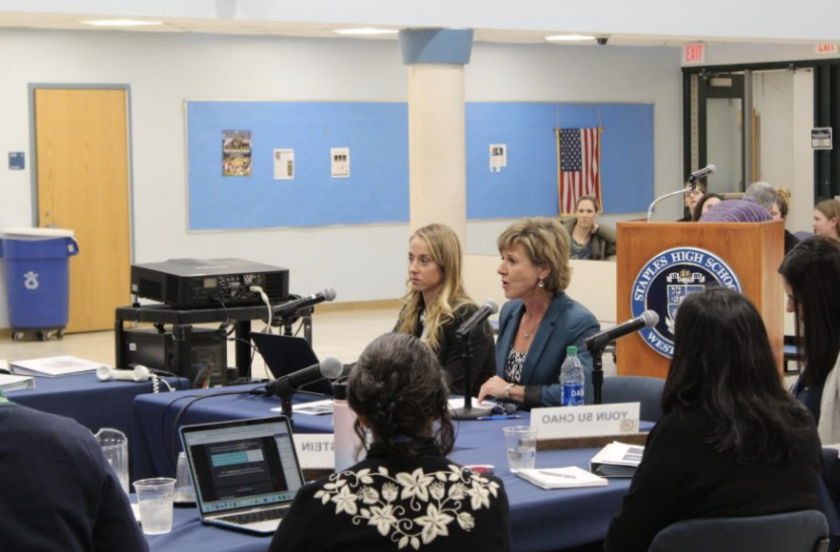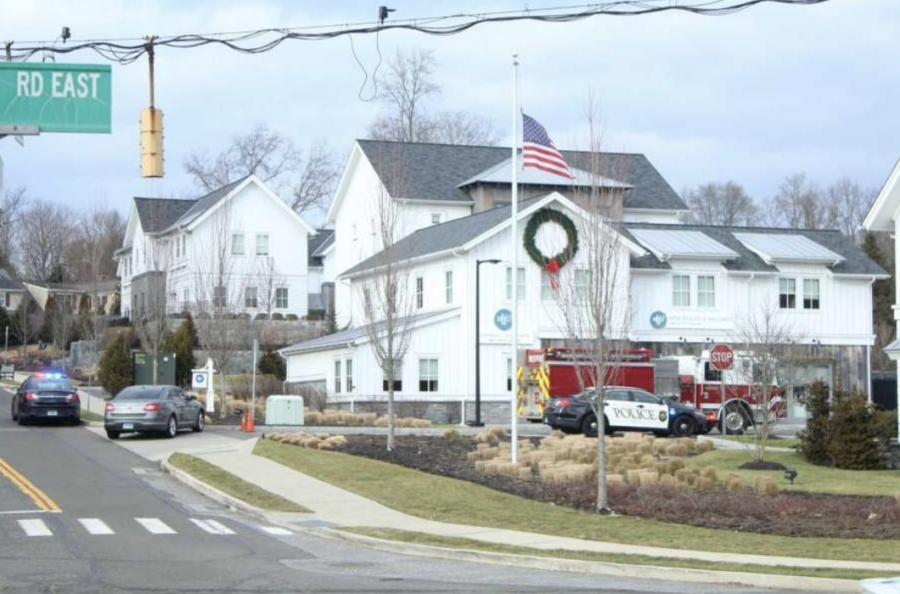By Jesse Levinson ’17
After its popular, yet troubling debut on Netflix, “13 Reasons Why” has officially been renewed for a second season.
The series is an adaption of Jay Asher’s novel, which depicts the aftermath of high-schooler Hannah Baker’s suicide. In each episode, a reason for Hannah’s decision is presented through cassette tapes that she made prior to her suicide. Some of the reasons include lost friendships, betrayals and rape.
“By the end of the first episode, I was invested in each of the characters,” Robert Stone ’17 said. “I wasn’t aware of a second season, but I’m sure I will be watching it.”
Yet although many have become enthralled by the show, there remain critics who raise serious concern over its romanticization of suicide, particularly over the graphic depiction of Hannah’s suicide.
According to Swathi Krishna of the Morehouse School of Medicine, “[‘13 Reasons Why’] doesn’t portray the suicide scene as painful. They make it look almost peaceful. That’s so disturbing to me.”
Psychologists have further cautioned the public about the show’s potential for inspiring copycat suicides.
“It’s not only the content, but the message it gives, which is that there is no help and that suicide is glamorous and effective,” Harold Koplewicz, president of the Child Mind Institute, explains in USA Today. “It’s a false message, and it has a glamorous effect.”
Warnings such as these have resulted in several school districts sending out cautionary emails. Just recently, the novel “13 Reasons Why” was removed from the libraries in Bedford and Coleytown Middle School.
The show, however, has also been praised for the opportunity it provides to discuss difficult topics such as suicide and rape culture.
Yet whichever side one may fall under, there will be no shortage of controversy in the days to come as Netflix prepares for its second installment of “13 Reasons Why.”
Image courtesy of Netflix


